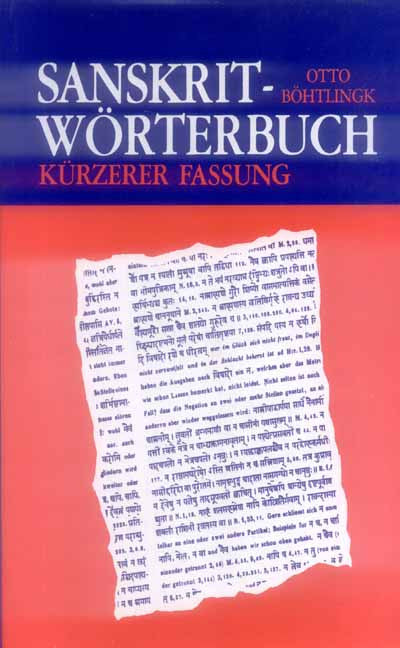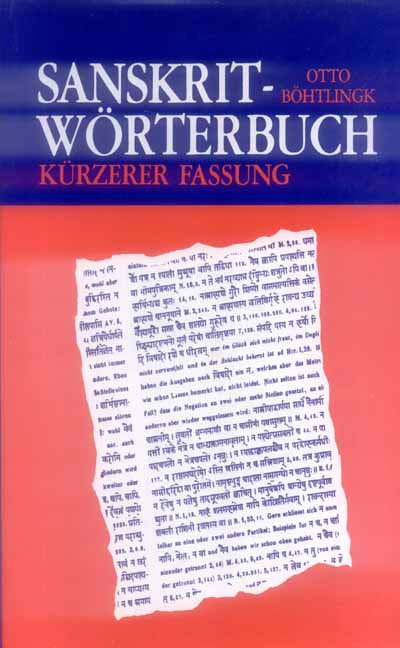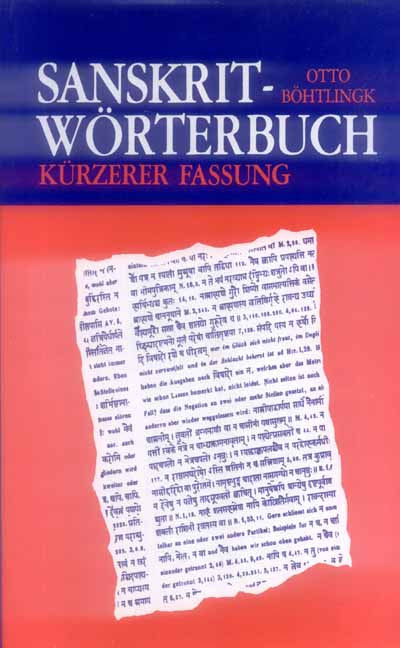Sanskrit-Worterbuch in Kurzerer Fassung
Sanskrit-Worterbuch in Kurzerer Fassung - Paperback is backordered and will ship as soon as it is back in stock.
Couldn't load pickup availability
The so-called –Smaller Petrograd Dictionary†_ the German title is –Sanskrit-Worterbuch in Kuerzerer Fassungâ€- was started by O.V. Bothlingk only a few years after the completion, in 1875, of the 7 volumed –Larger P.D.†(Which he had worked on in cooperation with R.V. Roth). As stated by B. himself in the preface of 1879, the •shorter versionê was not meant to replace the earlier one, but –to improve where something ought to be improved and to add where something was missing, and to always remind the reader, by leaving out all the quotations and references, that the larger dictionary had to remain the main source:. Indeed, whoever wants to know more about a word, i.e. the background and basis of the meanings given for it, still has to turn to the larger P.D. On the other hand, it is equally evident that B has fully achieved his aim: The –Smaller P.D.†is so considerably an improvement both in terms of substance as also of quantity that it has become the tool of all those who wish to read Sanskrit text; in fact most of the later Sanskrit dictionaries are heavily indebted to Bês work, directly or indirectly; e.g. Monier-Williamsê is little more than a translated abridgement. It is a long left need of Indian Studies that the shorter version, a signal achievement in lexicography, is also made available again to present day scholars, and in a reprint which is both good and to be had at a reasonable price.
Review(s)
–This is the first time Indian Modern Yoga has received such sustained, in depth treatment by a reputable and well informed scholar. Much of the book is quite accessible to the general reader and many of Alterês more theoretical and analytical interpretat
About the Author(s)
-
Pages
-
Edition
-
Size
-
Condition
-
Language
-
Weight (kg)
-
Publication Year
-
Country of Origin
-
Territorial Rights
-
Reading Age
-
HSN Code
-
Publisher




